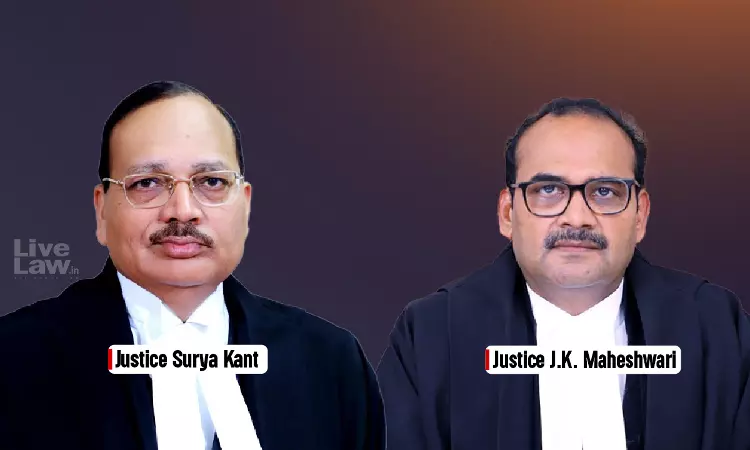How Good Drafting Can Impact Case Fate : Supreme Court Judges Give Advice To New AoRs
Anmol Kaur Bawa
5 March 2025 6:15 PM IST

Next Story
5 March 2025 6:15 PM IST
Supreme Court Judge, Justice Suryakant, while speaking at the AOR facilitation function by the Supreme Court Advocates on Record Association (SCAORA) advised AORs to master the art of "convincing drafting". He stressed that an AOR should specifically know when to disclose what while, making sure that relevant facts are not concealed from the Court. He said :"Disclose all those facts which...
